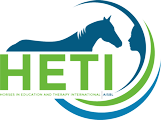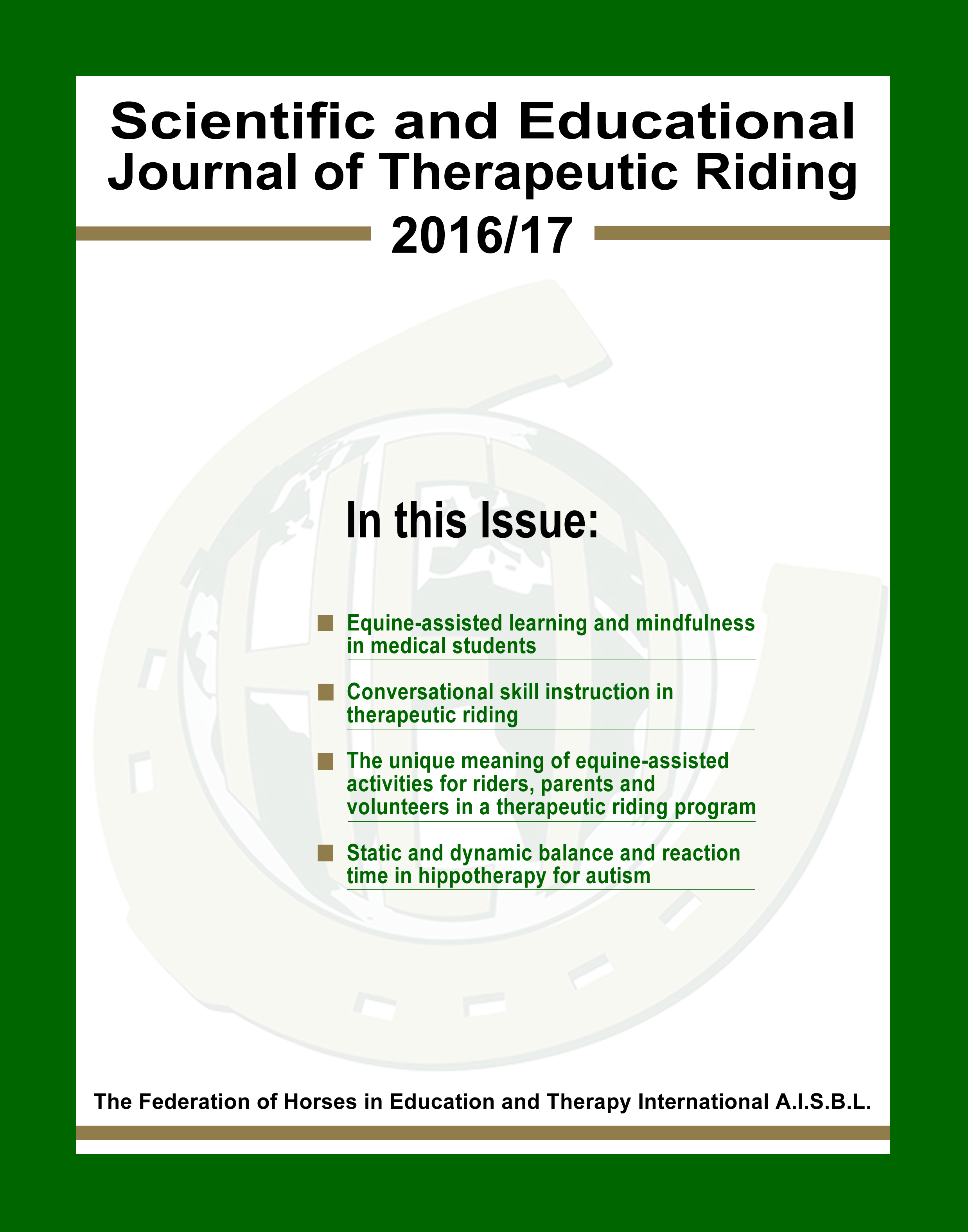Equine-Assisted Learning (EAL) Improves Mindfulness in Medical Students 2016-2017
€10.00
| Author | Madeline Goldberg, Amanda Gonzalez, Bertha Ben Khallouq, Manette Monroe |
|---|---|
| Year | 2016/2017 |
PROBLEM: Cultivating mindfulness and empathy skills in physicians can reduce medical error, improve accuracy of diagnoses, and improve patient compliance (Beach, et al., 2013). There is a debate among medical educators as to whether these skills can be taught.
INTERVENTION: The Medicine and Horsemanship (M&H) program (Kane, 2007) uses equine- assisted learning (EAL) to teach emotional wellbeing and communication skills to medical students. This program is being used at the University of Central Florida College of Medicine (UCF COM). For this study, all participants completed pre- and post-intervention surveys including: Five Facet Mindfulness Questionnaire (FFMQ) and Experiences Questionnaire (EQ), which measured mindfulness, while the Interpersonal Reactivity Index (IRI) measured empathy. In addition, the intervention group completed a qualitative survey and debrief data was collected.
OUTCOME: Medical students who completed the M&H program had significantly higher post-intervention mindfulness scores in the subscales of nonreactivity and decentering, compared to controls. The M&H program is an innovative method for improving mindfulness among medical students.
LESSONS LEARNED: With ten students per cohort, several iterations of the program would be necessary for significant analysis of outcomes. Due to the relatively small number of volunteers, participants could not be randomly assigned. Analysis of baseline differences did not show significant differences between intervention and controls, adding strength to our conclusions.

